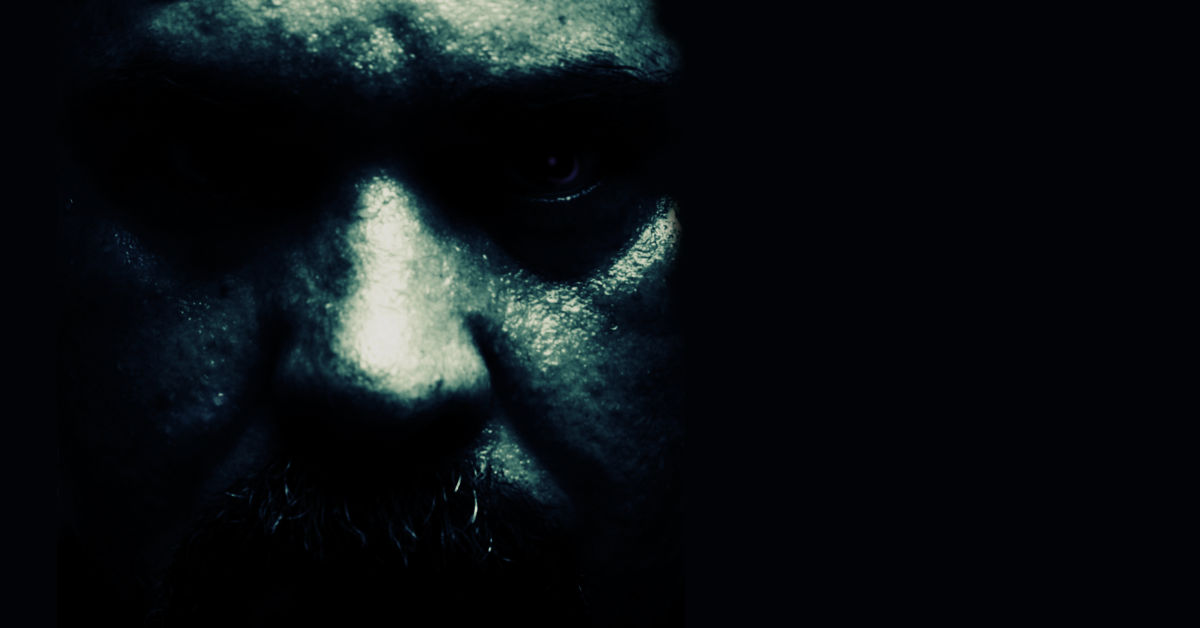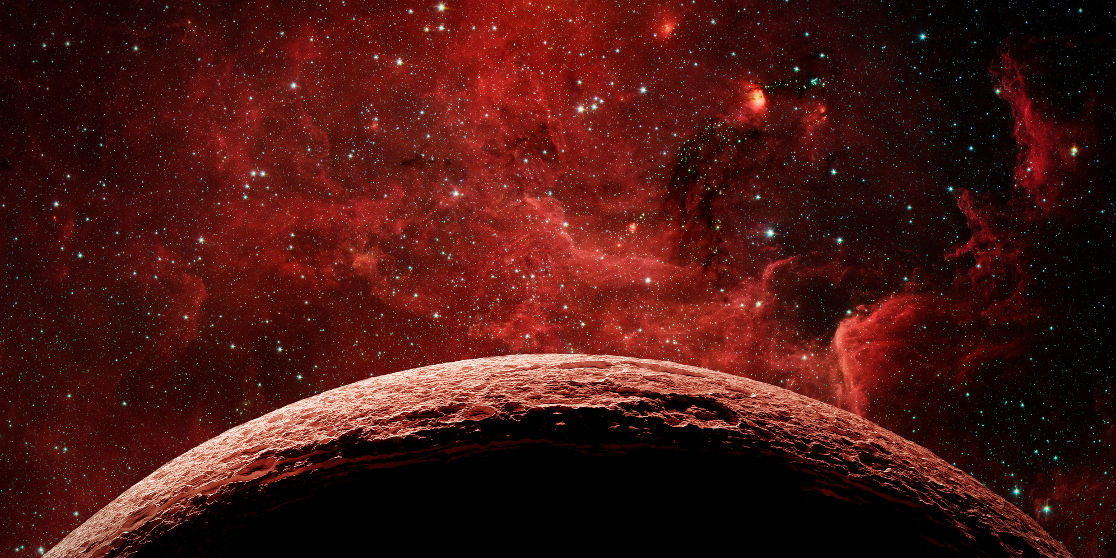The Patron

This post was originally published through Patreon on May 15, 2016.
The patron watches his young artist paint, follows the brush with his eyes as it whisks back and forth, back and forth over the canvas in the dim light of a one-room studio. It brings him joy to see his artist so wrapped up in his work.
It means that he can feed.
When people think of vampires, they invariably imagine sharp-fanged creatures of the night who prowl the Earth in search of human blood. And that is certainly one type. But vampires are a diverse group, similar only in their universal need to feed. Some dine on emotion. Others on ambition and greed. Still others on strength and vitality.
The patron is unique. His staple is creativity.
He lures frustrated artists to his tiny studio apartment with promises of patronage and recognition. Over the centuries, he’s learned just the right strings to pull: a subtle combination of inspiration, desperation, and urgency that always gets humans banging down his door, begging for his help. He lays at their feet the tools they require for their work, and he watches while they offer themselves up as a living sacrifice for their art.
He hovers over them unseen, imbibes the creative energies that flow from their bodies like rivers of milk and honey. All the while, they grow more intense in their study, more focused, until the effort finally kills them.
The pieces his victims produce are always masterpieces, works of rare genius that in other hands might change the world. But the patron throws them all away. He has no use for such things.
Now, sweat pops from the forehead of his latest acquisition like drops of dew. The artist’s eyes go wide as he labors to get a single feather stroke of the brush just right. He reaches out, arms rigid, hands shaking, then gasps and topples head-first into the canvas.
It is in the wake of the artist’s final sacrifice that his patron climaxes. He tosses back his head, shuts his eyes, and lets wave after wave of pleasure overtake him.
A timeless moment passes in the throes of the artist’s dying passion. Then the patron approaches his lifeless body. He’ll dispose of the dead painter and his work, sleep for a decade or two, then look for someone new.
It won’t be hard. The world is full of frustrated artists.
If you liked this, you’ll love my books. Pick one up here!
Enter your email address and click "Submit" to subscribe and receive The Sign.
